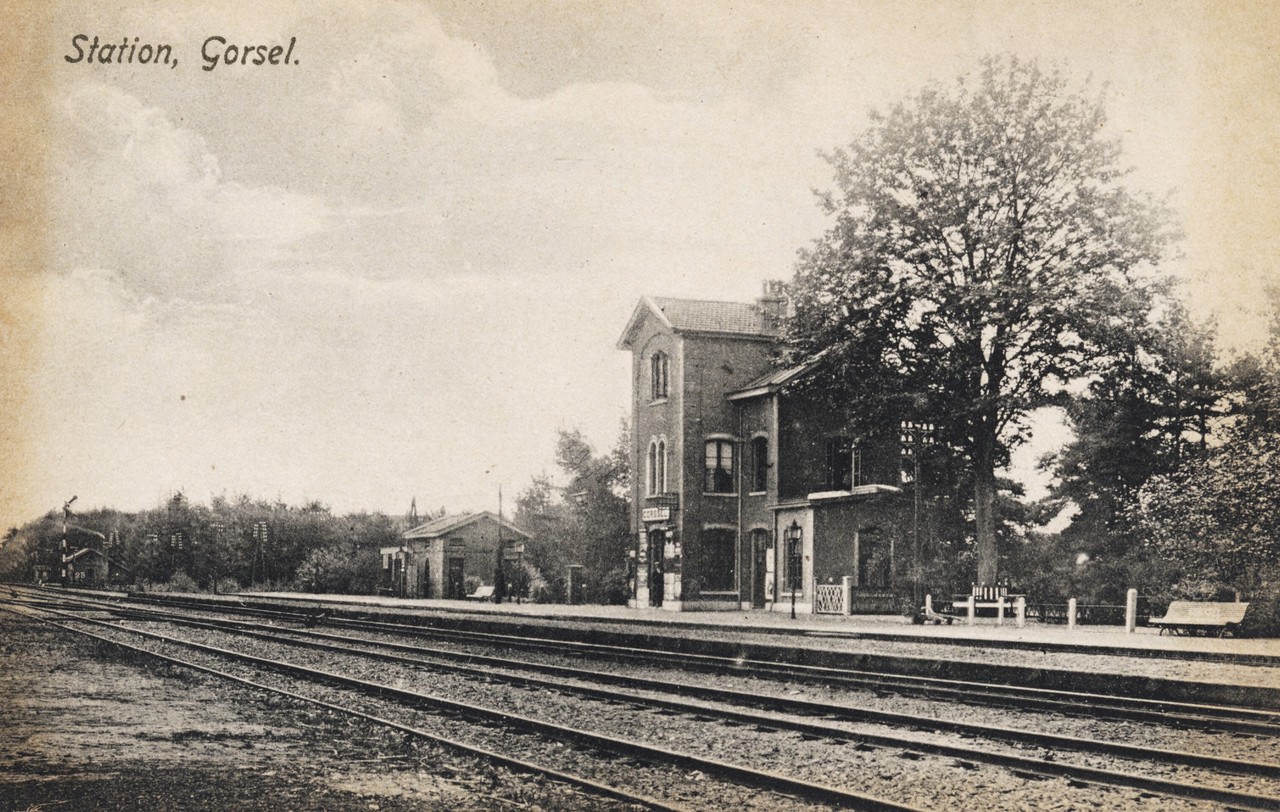This ensured the continuation of freight and passenger services, but also meant that the railways were used by the Germans to transport troops and military equipment.
NS even constructed the railway line to Westerbork transit camp on behalf of the occupiers, for which the company received substantial financial compensation. Because of the railways’ importance to the German war effort, railway lines became frequent targets of sabotage by the resistance and of bombing raids by the Allies. The Zutphen–Deventer line was among those destroyed. It wasn’t until late September 1944 that the Dutch government-in-exile called on the NS to go on strike. Around 30,000 railway workers laid down their tools. The strike lasted until the liberation.
